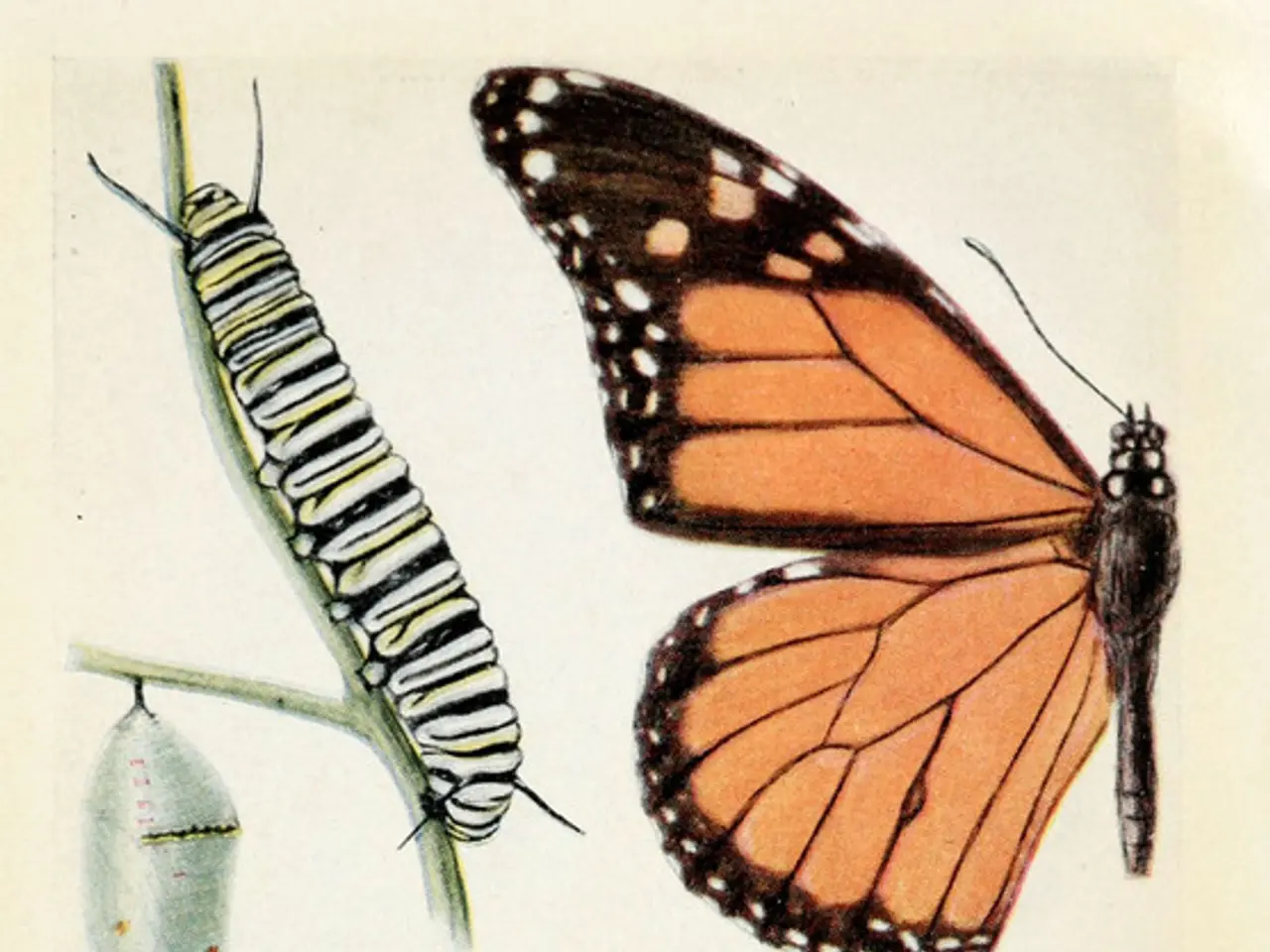Maryland encounters its first reported instance of a travel-related flesh-eating screwworm infection within its territories, as confirmed by the US authorities.
The Centers for Disease Control and Prevention (CDC) has confirmed the first travel-associated case of New World screwworm in a patient in the United States. The patient, who returned from El Salvador, was diagnosed on Aug. 4 through telediagnosis.
The confirmation comes as the cattle industry remains on high alert due to the infestations moving northward from Central America and southern Mexico. The Maryland Department of Health and the CDC jointly investigated the case.
Myiasis, a parasitic infestation of fly larvae (maggots) in human tissue, is caused by New World screwworms. These parasitic flies lay eggs in wounds on warm-blooded animals, and once hatched, their larvae burrow through living flesh, potentially killing hosts if untreated.
While human infestations are rare, they can be fatal without treatment. Treatment involves removing hundreds of larvae and thoroughly disinfecting wounds. The risk to public health in the United States from this introduction is very low, as infestations are typically survivable if caught early.
Just over a week before the confirmation of the screwworm case, Agriculture Secretary Brooke Rollins traveled to Texas to announce plans for a sterile fly facility to combat the pest. The confirmation of the screwworm case has prompted increased government response in the cattle industry.
Beth Thompson, South Dakota's state veterinarian, learned of the Maryland case last week through unofficial channels. An executive from the Beef Alliance sent emails last week to about two dozen livestock and beef sector contacts about the case. The emails confirmed that the person was treated and prevention measures were implemented, but did not disclose additional details due to patient privacy laws.
The U.S. Department of Agriculture estimates that a screwworm outbreak in Texas, the nation's largest cattle-producing state, could cost approximately $1.8 billion in livestock deaths, labor costs, and medication expenses.
Despite the CDC's confirmation of the case, they did not provide detailed information about the case to the public, nor did they address the discrepancy in the reported travel origin. Initial reports suggested the patient's travel originated from Guatemala, but the CDC has since confirmed that the travel originated from El Salvador.
The CDC defines myiasis as a parasitic infestation of fly larvae (maggots) in human tissue. New World screwworms are parasitic flies that can cause myiasis and feed on live tissue, primarily affecting livestock. The maggots' feeding motion resembles a screw being driven into wood, giving the pests their name.
The confirmation of the screwworm case in the U.S. marks a significant development in the ongoing battle against the pest, and underscores the importance of continued vigilance and prevention measures in both human and animal health.








